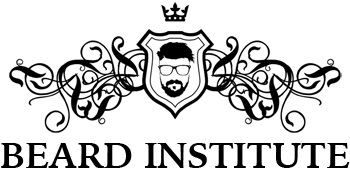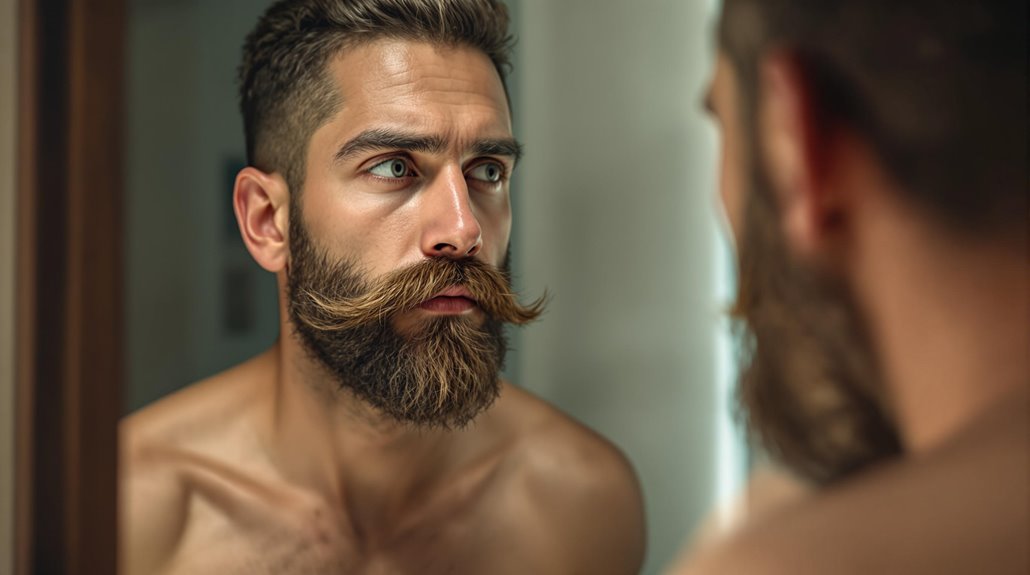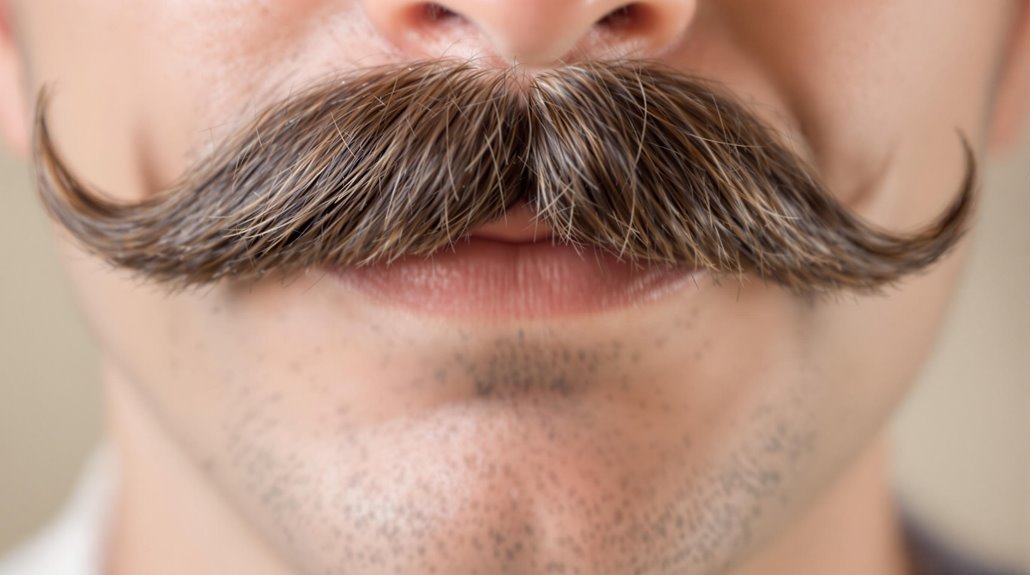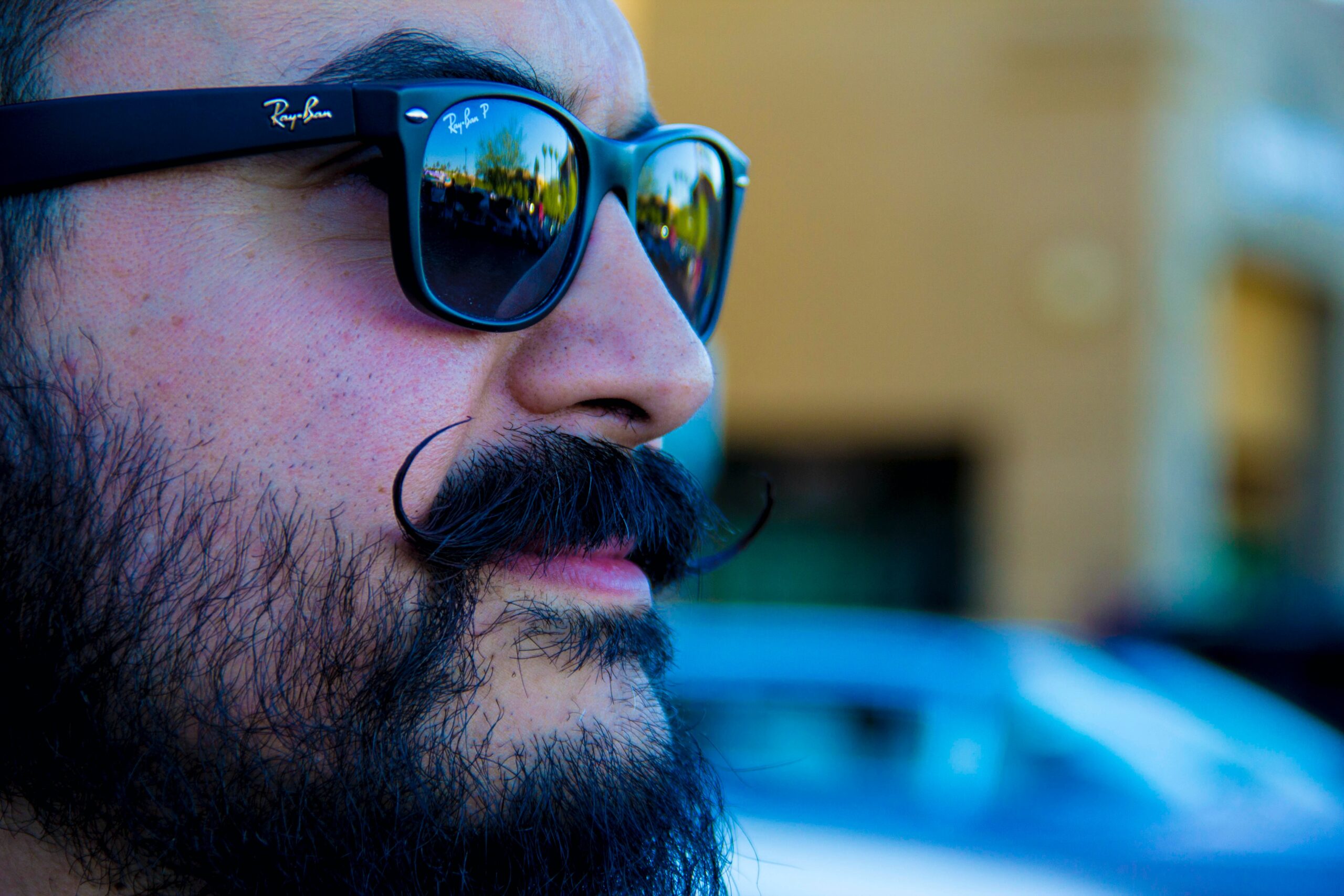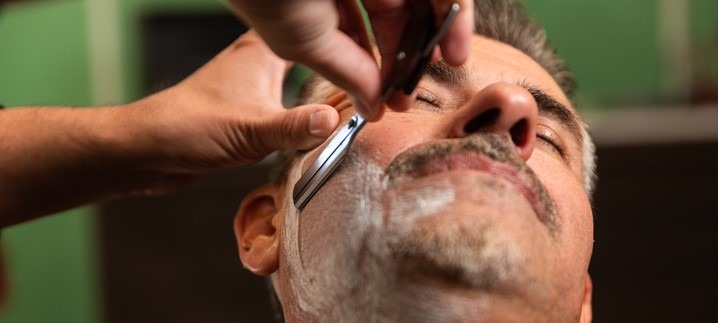Is a Mustache Attractive?
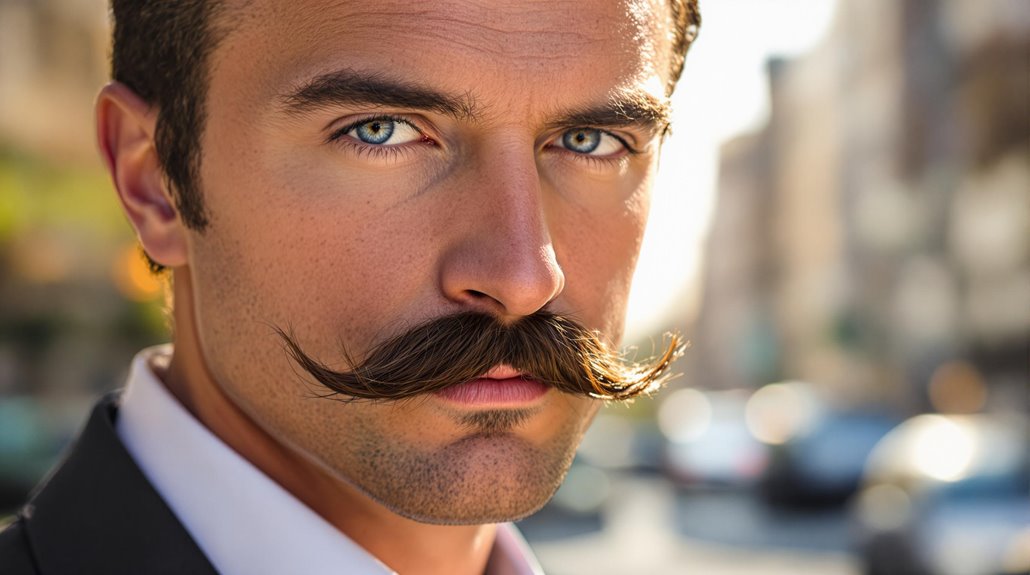
A well-groomed mustache can definitely elevate your attractiveness by projecting confidence and individuality. It has historical significance, symbolizing masculinity and power in many cultures. Mustaches can make you seem more mature and confident, which may improve social interactions and even professional opportunities. Popular styles like the Chevron or Handlebar can suit different face shapes and add a unique flair. Celebrities influence mustache trends, making them a fashionable statement. Women's opinions on mustaches differ, with some finding them appealing. Interested in the cultural roots and psychological impacts of mustaches? You'll uncover intriguing details if you investigate further.
Historical Significance
Throughout history, the perception of mustaches has swung from lowly to esteemed, reflecting cultural values and societal norms. You might be surprised to learn how deeply rooted mustache styles are in historical significance. For instance, the ancient Egyptians considered mustaches low class, while the Greeks linked facial hair with virility and wisdom. This contrast highlights how cultural practices and societal standards can shape the way mustaches are perceived.
During the Victorian period, mustaches enjoyed a resurgence among distinguished men. The period's grooming styles symbolized a gentleman's status and masculinity. By the late 19th century, mustaches peaked in popularity, particularly among military personnel. Their facial hair became a badge of masculinity and respectability, especially in times of war, reinforcing societal ideas about strength and authority.
In the 20th century, mustaches in many Arab cultures represented power and authority. Meanwhile, clean-shaven looks aligned with liberal and secular values, showcasing the diverse cultural practices surrounding facial hair. Furthermore, some communities, like the Amish, reject mustaches entirely, reflecting their unique cultural values. Understanding these historical nuances offers insight into the ever-changing allure of mustaches and their role in expressing masculinity.
Cultural Perspectives
While cultural perspectives on mustaches are diverse, they often reflect broader societal values and standards. You might find that in some cultures, a mustache is a symbol of a manly image, like in many Arab societies where it's linked to power and masculinity. This contrasts sharply with more liberal and secular views that often prefer a clean-shaven look. Historical influences, such as Confucian beliefs in ancient China, suggest facial hair like mustaches is left untouched, symbolizing discipline and respect. These cultural perceptions can vastly influence how mustaches are viewed globally.
Women's opinions on mustaches can be just as varied, shaped by personal experiences and cultural backgrounds. Some might admire the rugged, manly image it projects, while others could see it as outdated. Curiously, initiatives like Movember, which promote mustache growth for men's health awareness, have shifted perceptions positively, with many women finding mustaches more attractive during this time.
Here's how cultural perceptions of mustaches can vary:
- Arab cultures: Mustaches symbolize power and masculinity.
- Liberal societies: Clean-shaven looks are often preferred.
- Ancient China: Mustaches reflect discipline and respect.
- Movember movement: Positive shift in attractiveness perceptions.
Popular Mustache Styles
As you've seen, cultural perceptions of mustaches differ widely, influencing their appeal and significance. When examining popular types of mustache, you'll uncover an assortment of styles that can complement or improve your look. The Handlebar mustache, with its iconic upward-curled ends, offers a vintage charm that requires some effort and styling products for upkeep. It's perfect if you're aiming to stand out with a full beard.
For a more adaptable style, consider the Chevron mustache. Thick and wide, it covers the upper lip and suits multiple face shapes, thanks to its military roots from the 20th century. If you prefer something bold yet easy to maintain, the Walrus mustache might be your go-to. Its thick, bushy nature often covers the upper lip and adds a rugged flair to your appearance.
The Fu Manchu mustache, known for its dramatic, long downward extensions, requires specific shaping techniques but promises a distinctive look. Meanwhile, the Pencil-Thin mustache exudes a classic Hollywood elegance, making it a timeless choice that can look good on nearly any face. Each of these styles can transform your appearance, improving your personal style with or without a full beard.
Celebrity Influence
Fueled by the allure of fame, celebrity mustaches have a powerful sway over public perceptions of attractiveness and masculinity. When you think about iconic facial hair, certain celebrity mustaches come to mind, like Freddie Mercury's bold statement or Hulk Hogan's unforgettable handlebar mustache. These figures have not only defined their own images but have also set trends that ripple through society. Jacob Elordi's mustache, for instance, improves his rugged appeal, making facial hair an attractive element in his complete persona.
Consider the impact of these celebrity choices:
- Freddie Mercury: His mustache became a symbol of confidence and charisma, influencing many fans' views on facial hair.
- Hulk Hogan: The handlebar mustache he sported became synonymous with strength and boldness.
- Jacob Elordi: His facial hair adds to his allure, showing that a well-groomed mustache can heighten attractiveness.
- Travis Kelce: His mustache injects a sense of maturity, demonstrating how facial hair can redefine youthful looks.
Celebrities like Donald Glover further illustrate how mustaches add complexity to a persona, proving that facial hair can be both playful and sophisticated. Their influence on facial hair trends is undeniable.
Social and Professional Perceptions
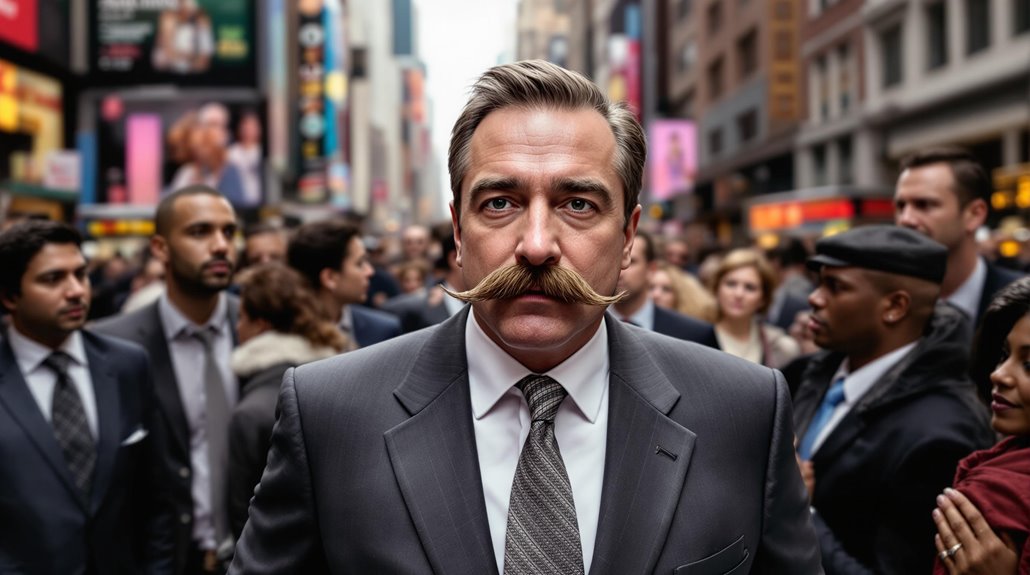
In many professional and social settings, the presence of a mustache can greatly alter perceptions. When you see a man with a mustache, you might perceive him as older but not necessarily more socially mature. This duality plays a significant role in how mustached men are viewed in professional environments. Moustaches often evoke images of masculinity and maturity, which can positively influence hiring decisions. Research by Reed and Blunk highlights that men with facial hair, including mustaches, are often favored in management roles. Although bearded men tend to score higher, those with mustaches still outperform their clean-shaven peers.
In social contexts, your perception of a moustache might vary based on personal preferences or cultural norms. While some women may find mustached men more attractive, others might link certain styles to outdated or negative stereotypes. Additionally, in professional settings, a mustache can serve as a powerful social signal. It might convey authority, individuality, or a blend of both, impacting workplace dynamics. Understanding these perceptions helps you navigate different environments, ensuring that your facial hair aligns with the image you wish to project professionally and socially.
Psychological Impact
Understanding the social and professional perceptions of mustaches sets the stage for exploring their psychological impact. When you sport a mustache, it can considerably improve your self-esteem and body image, giving you a lift in confidence. This newfound confidence often translates to a heightened sense of attractiveness, as you feel more comfortable in your own skin.
Research indicates that men with mustaches are often viewed as more masculine and mature, which can positively influence social interactions. The mustache can alter perceptions of attractiveness, with well-groomed ones typically rated more favorably than clean-shaven faces. This can lead to more positive social engagements and interactions.
A mustache can also act as a conversation starter, breaking the ice in group settings and making you appear more approachable. This can further elevate your attractiveness, as people tend to gravitate toward those who exude confidence and have engaging personalities.
- Improves self-esteem and body image
- Raises perceptions of masculinity and maturity
- Alters attractiveness perceptions favorably
- Serves as a social icebreaker
